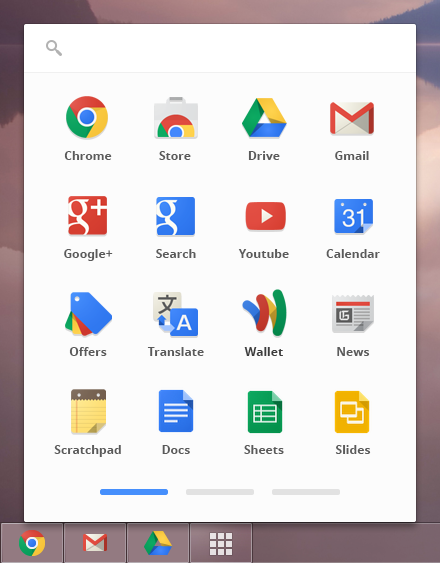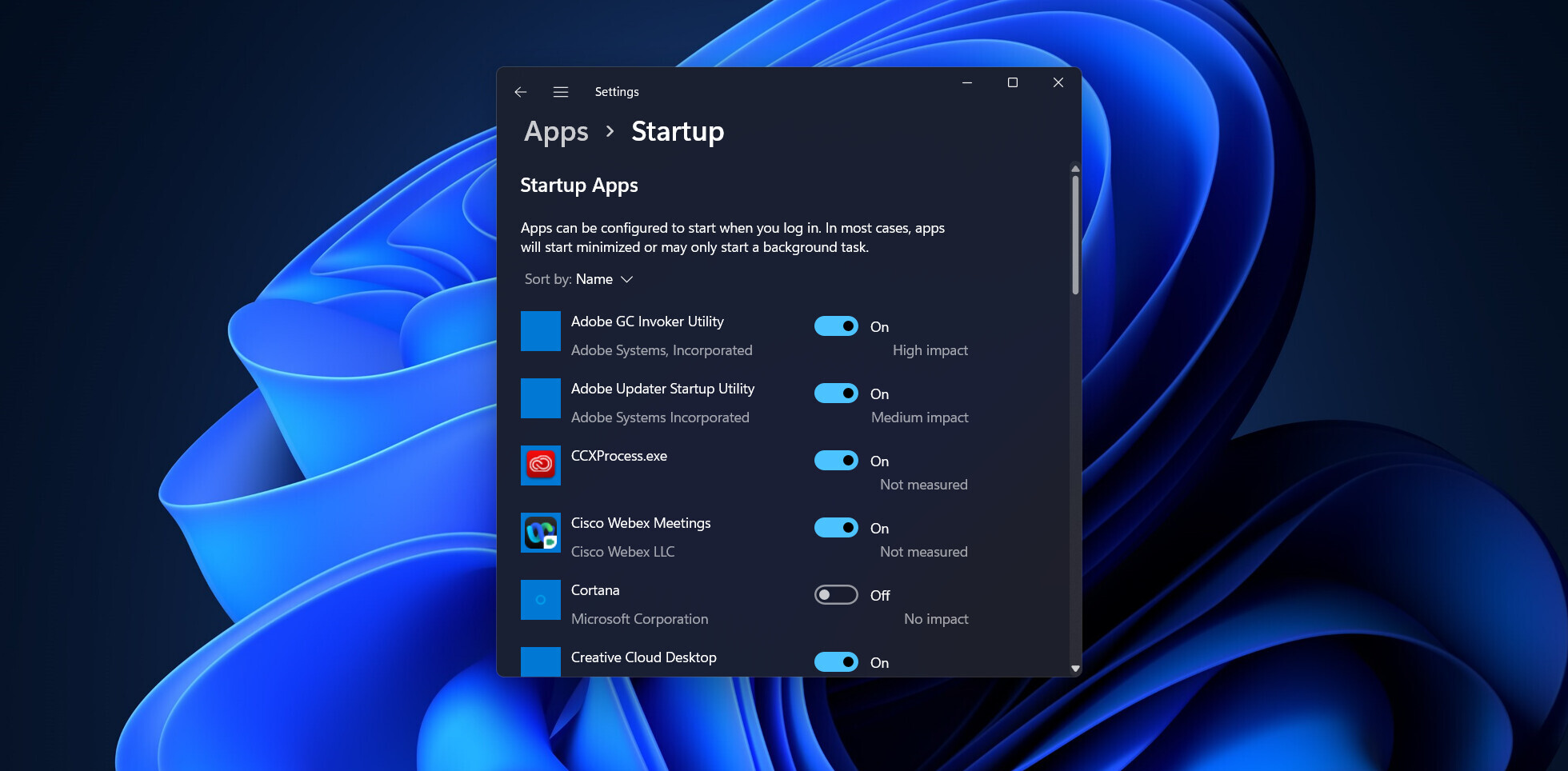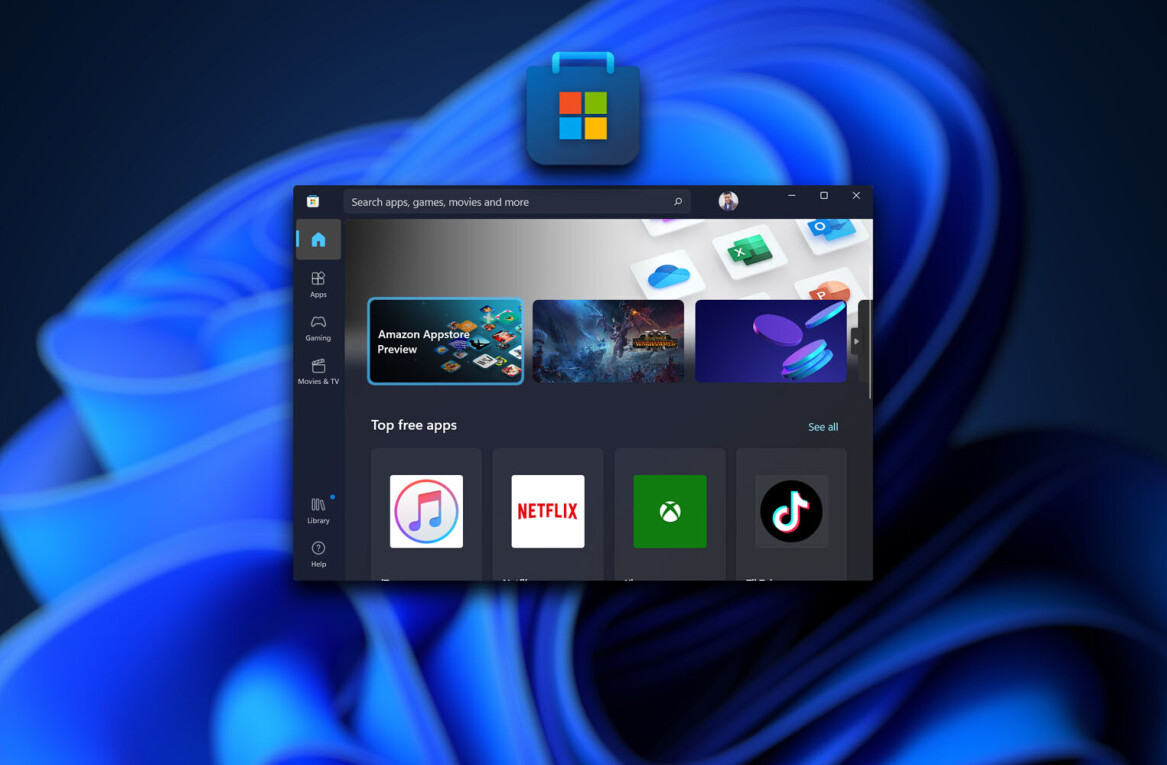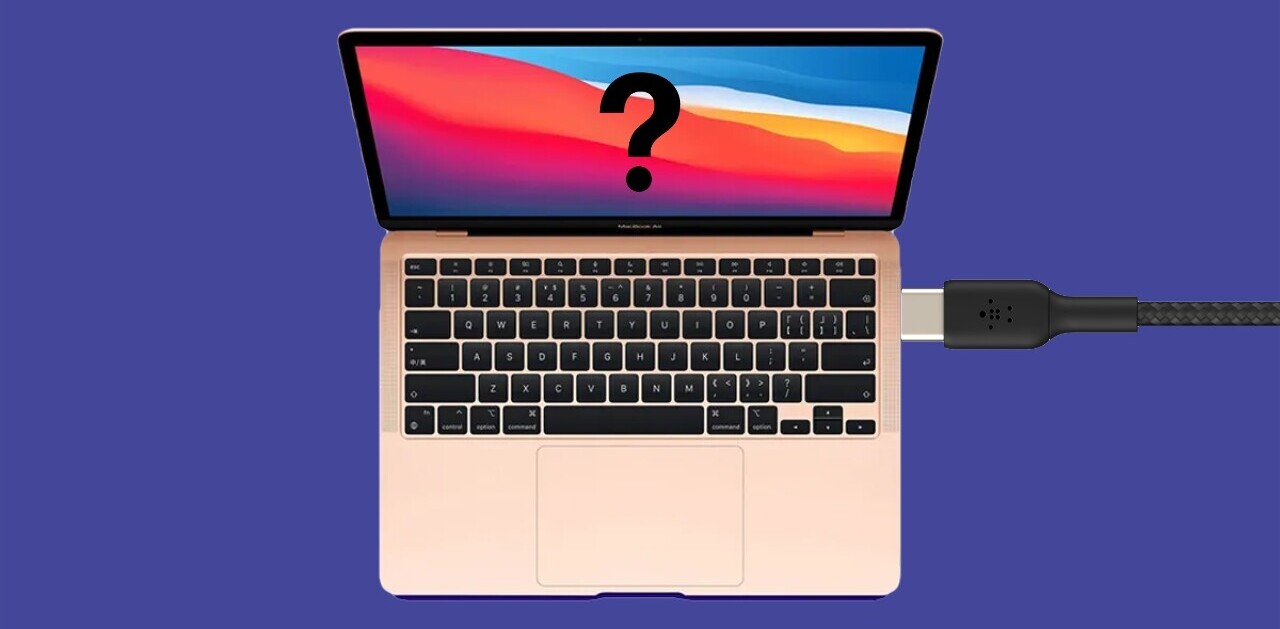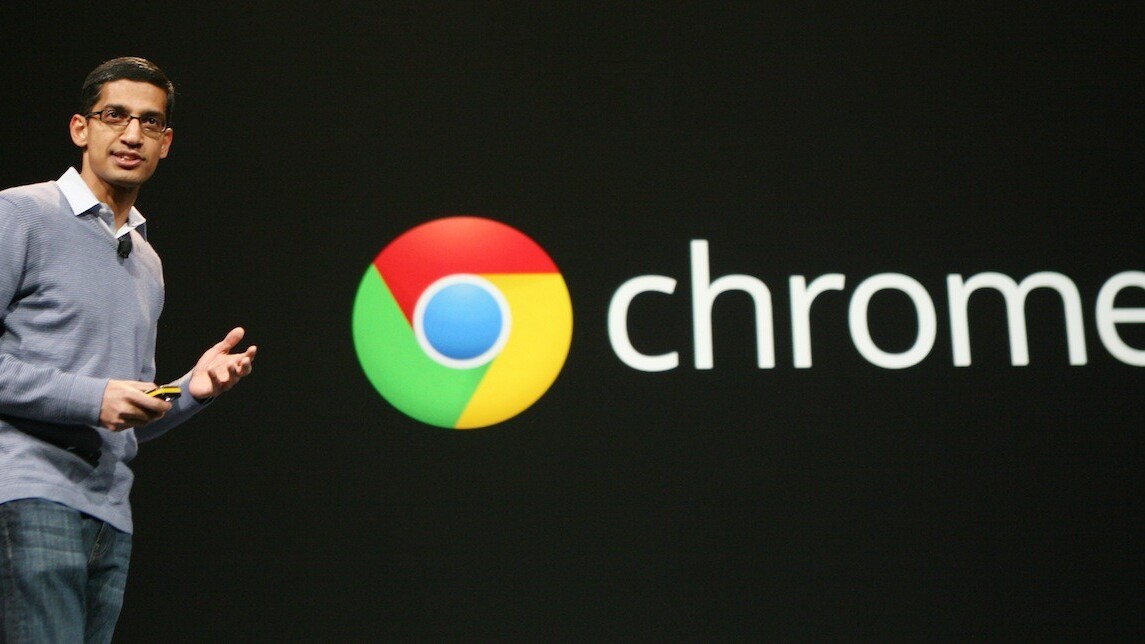
Google on Wednesday announced that Chrome packaged apps are now available in the Chrome Web Store, meaning you don’t need a direct link to get them anymore. That being said, they are still limited to users that have switched to Chrome’s developer channel on Windows and Chrome OS.
For those who don’t know, Chrome packaged apps are written in HTML, JavaScript, and CSS, but launch outside the browser, work offline by default, and access certain APIs not available to Web apps. In the Chrome Web Store, Google has added a separate category called Websites, which features all existing hosted apps and legacy packaged apps.
So what is happening to the current App category? It now contains only the new Chrome packaged apps; here’s how it currently looks on the Dev channel:
This Chrome Web Store change follows Google’s porting of the app launcher, a little window that features all your apps in one place, from Chrome OS to its Chrome browser back in February. As Google puts it, this is “the same experience as the app launcher on Chromebooks, but for other platforms.”
Here’s how it looks (this will only show up if you install a Chrome packaged app, meaning you can keep using Chrome as just a browser if you want):
At the time, Google said the new feature is only available on the Chrome dev channel for Windows, but that users would be able to try it out “soon” on OS X and Linux. Just over two months later, and it seems the app launcher is still only available on Windows and Chrome OS, and so this new categorization of apps on the Chrome Web Store is limited as well.
Yet Google’s plan is starting to become more and more clear. The company wants to ensure that “apps” are powerful projects that take advantage of the Chrome vision (the blurring of browser and operating system) while “websites” consists of everything else (including very basic apps).
See also – Chrome 26 arrives with spell checking improvements, multiple-user desktop shortcuts on Windows, and more and Chrome Web Store to get multi-platform app support for Windows, Mac, Linux, Android, iOS, and Chrome OS
Top Image Credit: AFP/Stringer/Getty Images
Get the TNW newsletter
Get the most important tech news in your inbox each week.

